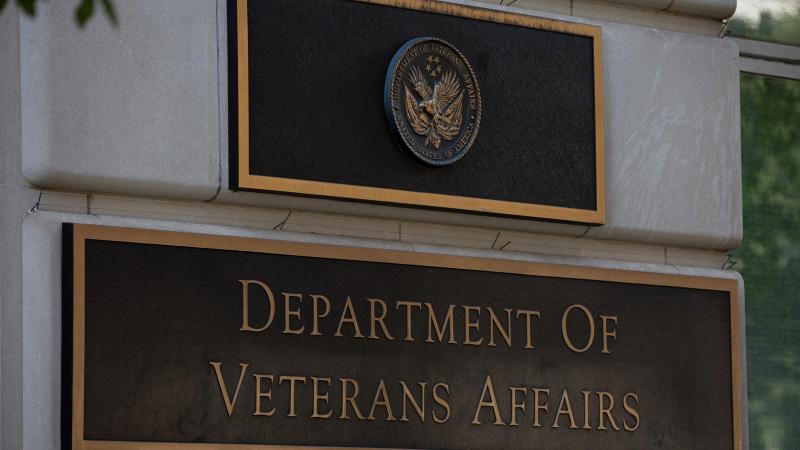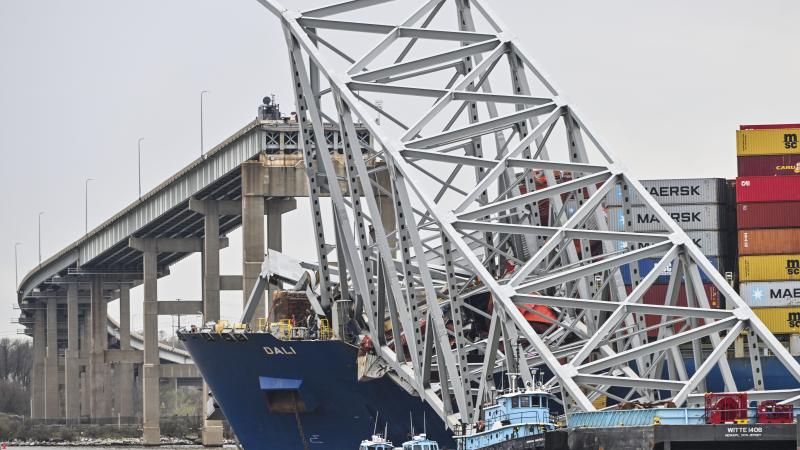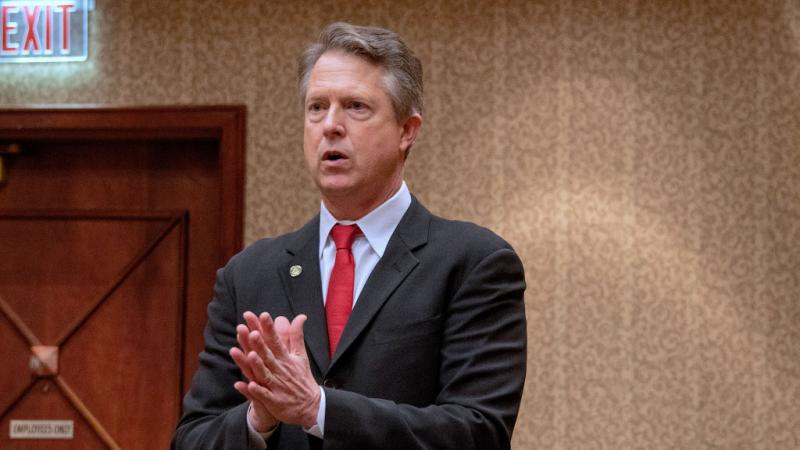Congresswoman troubled by Biden pact to restore Columbia Basin salmon, risking local dams
U.S. Rep. Cathy McMorris Rodgers, R-Wash., says she’s troubled over possible plan to restore wild salmon populations that does not rule out breaching four federal dams.
(The Center Square) -
U.S. Rep. Cathy McMorris Rodgers, R-Wash., says she’s troubled over Thursday’s announcement by the Biden Administration of a 10-year plan to restore wild salmon populations that does not rule out breaching four federal dams on the Lower Snake River.
“I have serious concerns about what this agreement means for the future of our region. It jeopardizes the energy, irrigation, and navigation benefits that support our entire way of life, and it makes commitments on behalf of Congress without engaging us,” McMorris Rodgers said Friday in an emailed response to The Center Square.
“This is too significant of a decision to make without an open, honest, and transparent regional dialogue,” said McMorris Rodgers. “I want to work together -- Republicans and Democrats – to recover endangered salmon, but that’s only possible when all voices are heard and every perspective is given a seat at the table.”
Announced by the White House, the agreement – involving the states of Washington and Oregon and four tribal nations – has been filed in U.S. District Court in Oregon. It seeks to pause decades-long litigation against the federal government’s operation of its dams in the Columbia Basin river system.
The pact calls spending $300 million over the next decade to restore salmon, steelhead, and other native fish species, plus facilitating tribal-sponsored “renewable energy production” capable of generating one to three gigawatts of power.
“Implementation of the agreement will diversify and develop affordable, clean, and reliable energy options for the region,” the White House said in a press release. “Investments under this agreement will help to ensure continued energy reliability and affordability, transportation, recreation, irrigation, and other key services, including in the event that Congress decides to authorize breaching of the four Lower Snake River dams.”
Breaching the dams has been a flashpoint of contention for years.
A coalition of tribes, environmental groups, and sport-fishing interests want the dams removed, saying a free-flowing Snake River will help restore wild salmon populations migrating between the Pacific Ocean and spawning grounds in Idaho.
However, proponents of the dams say their hydroelectric generation provides clean, reliable, renewal energy at a low cost to thousands of homes and businesses in the region while facilitating barge travel along the Snake and Columbia rivers between Lewiston, Idaho and Pacific ports near Vancouver and Portland.
Proponents also contend that other factors – such as natural predation and ocean warming and acidification – have contributed to fish declines, but modifications to the dams and enhancements of spawning habitat have helped boost their numbers.
The new agreement, called the Columbia Basin Restoration Initiative, is accompanied by a memorandum of understanding between the federal government and the “six sovereigns” – the states of Washington and Oregon and the Nez Perce, Umatilla, Warm Springs, and Yakama tribes, along with a coalition of fishing and environmental organizations represented in the lawsuit by EarthJustice.
Closed-door negotiations of the agreement – brokered over the past two years by the White House Council on Environmental Quality – have been repeatedly criticized by McMorris Rodgers and fellow U.S. Rep. Dan Newhouse, two Republicans whose eastern Washington districts include the Snake River dams, along with Reps. Cliff Bentz of Oregon and Russ Fulcher of Idaho.
A draft version of the then-confidential agreement was leaked last week in advance of this Friday’s scheduled presentation in U.S. District Court.
In a joint statement issued afterward, Scott Simms of the Public Power Council, Kurt Miller of Northwest RiverPartners, and Neil Maunu of the Pacific Northwest Waterways Association said the government document ignores scientific studies and would undermine clean energy mandates while raising rates on three million electricity customers across the region.
According to the White House, the agreement will avoid potentially significant rate increases from court-ordered dam operations, with the Bonneville Power Administration estimating an annual average rate impact of 0.7%.
Brenda Mallory, who chairs the White House Environmental Quality Council, said in this week’s announcement that the agreement “charts a new path to restore the river, provide for a clean energy future and the jobs that will come with it, and live up to our responsibilities to Tribal Nations.”
Oregon and Washington governors Tina Kotek and Jay Inslee, respectively, also hailed the agreement.
“This successful and unprecedented partnership between the six sovereigns and the United States government has established a shared vision and pathway forward for restoration in both the lower and upper Columbia River Basin,” said Kotek.
“Leaders across the region have long recognized that inaction on the Columbia-Snake River would doom our iconic species, do irreversible harm to Tribal communities, and diminish our region’s economic future,” said Inslee.
A study commissioned by Inslee and U.S. Sen. Patty Murray, D-Wash., concluded last year that benefits provided by the dams would cost between $10.3 billion and $27.2 billion to replace.
Shannon F. Wheeler, chair of the Nez Perce Tribe, said federal dams on the lower Snake and mainstem Columbia River continue to have “devastating impacts on the salmon and our people, burdening our Treaty partnership.”
“We will not allow extinction to be an option for the salmon, nor for us,” said Wheeler. “The United States is bound to salmon and to us by Treaty where we reserved all our fisheries – our Treaty is the supreme law of the land under the United States Constitution.”
According to EarthJustice, a nonprofit legal services organization, the Columbia Basin Restoration Initiative “explicitly calls for the services of the lower Snake River dams to be replaced and then the dams breached within two fish generations (approximately 8 years) to avoid extinction and begin rebuilding salmon populations to healthy and harvestable levels.”
Earthjustice senior attorney Amanda Goodin said, “This marks a turning point in our decades-long litigation. Instead of attempting to defend yet another illegal dam operations plan in court, the Biden administration is setting a new course, following the science and the lead of the Tribes and States, to begin to replace the services of the Lower Snake River dams so that they can be breached.”
Ten other organizations supporting the efforts include the National Wildlife Federation, Sierra Club, Northwest Sportfishing Industry Association, and Northwest Energy Coalition. Earthjustice has represented the groups in court battles for 30 years. During that time, three different federal judges have faulted six different federal dam operation plans for alleged failure to protect endangered salmon.
Earthjustice, the State of Oregon, and the Nez Perce Tribe challenged another plan finalized under the Trump administration in 2020. That litigation has been stayed since 2021 to allow the current negotiations.
















